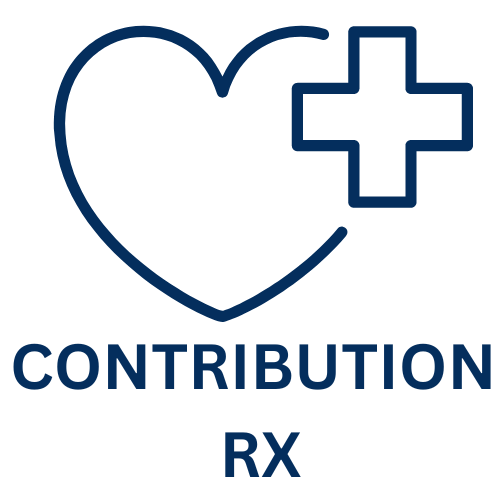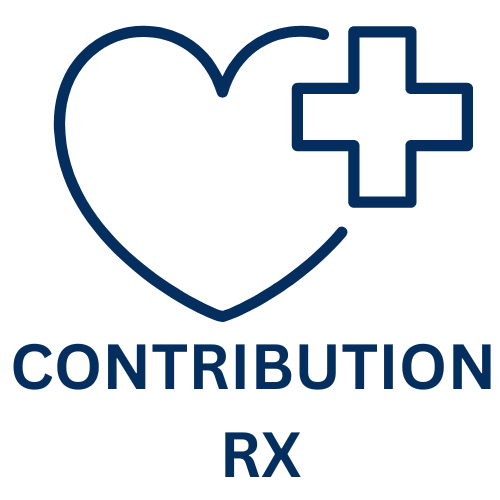pain pills
Medication management
Medication management
Medication management within the framework of Contribution Rx represents a comprehensive and patient-centered approach to ensuring safe, effective, and optimized medication therapy. Here’s how Medication Management at Contribution Rx might be structured:
- Medication Review and Assessment: Pharmacists under Contribution Rx conduct thorough medication reviews for each patient, taking into account their medical history, current medications, allergies, and any relevant lab values. This assessment helps identify potential drug therapy problems such as drug interactions, duplications, or inappropriate dosages.
- Personalized Medication Plans: Based on the medication review, pharmacists develop personalized medication management plans tailored to each patient’s needs and preferences. These plans outline the goals of therapy, the rationale for each medication, and strategies for monitoring efficacy and safety.
- Patient Education and Counseling: Pharmacists play a crucial role in educating patients about their medications, including proper administration techniques, potential side effects, and the importance of adherence. Through one-on-one counseling sessions, pharmacists empower patients to take an active role in managing their medications and health.
- Adherence Support Programs: Contribution Rx includes adherence support programs aimed at helping patients stay on track with their medication regimens. This may involve medication synchronization services, refill reminders, pill packaging solutions, and regular follow-ups to assess adherence barriers and provide support.
- Collaboration with Healthcare Providers: Pharmacists practicing Medication Management at Contribution Rx collaborate closely with other healthcare providers to ensure coordinated and integrated care. This includes communication with physicians, nurses, and specialists to optimize treatment outcomes, resolve medication-related issues, and adjust therapy as needed.
- Medication Therapy Optimization: Pharmacists actively work to optimize medication therapy for each patient, taking into account factors such as efficacy, safety, cost-effectiveness, and patient preferences. This may involve dose adjustments, therapeutic substitutions, or recommendations for alternative therapies to achieve the best possible outcomes.
- Monitoring and Follow-up: Contribution Rx includes ongoing monitoring and follow-up to evaluate the effectiveness and safety of medication therapy over time. Pharmacists conduct regular medication reviews, monitor relevant clinical parameters, and communicate with patients to assess treatment outcomes and address any concerns or changes in medication needs.
- Health Information Technology Integration: Medication Management at Contribution Rx leverages health information technology tools to enhance medication safety and efficiency. This may include electronic health records (EHRs), medication management software, and interoperable systems for seamless communication and information exchange among healthcare providers.
- Continuous Quality Improvement: Pharmacists participating in Medication Management at Contribution Rx are committed to continuous quality improvement initiatives. This involves ongoing evaluation of processes and outcomes, implementation of best practices, and participation in quality assurance programs to ensure the highest standards of patient care.
By embracing the principles of Contribution Rx in Medication Management, pharmacists can play a central role in optimizing medication therapy, improving patient outcomes, and promoting overall health and wellness.


